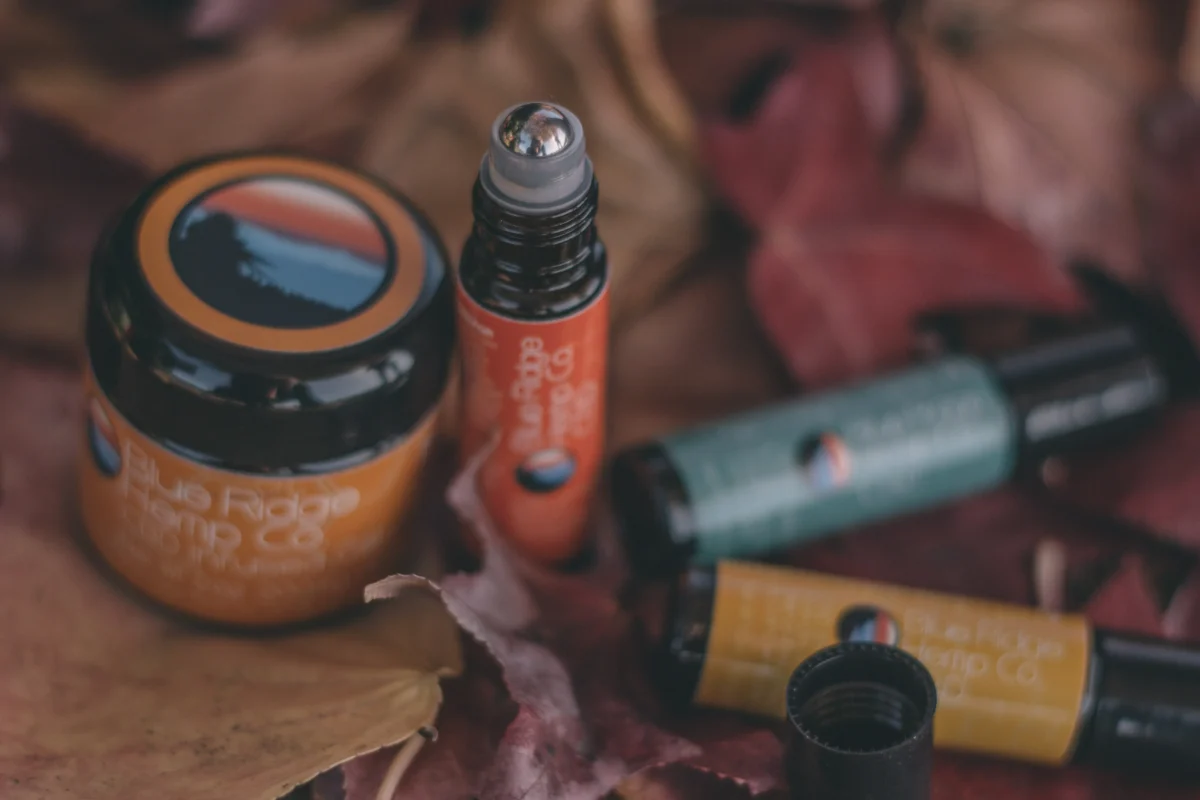Dogs are like people in that they have different likes and dislikes when it comes to food. Some dogs love to eat peppers, while others would rather avoid them at all costs. So, can dogs eat yellow peppers?
What Are Yellow Peppers?
Yellow peppers are a type of bell pepper that is yellow in color. They are typically larger and milder than other types of bell peppers, such as red or green peppers. Yellow peppers can be eaten raw or cooked and are often used in salads, stir-fries, and other dishes.
Nutritional Value
Yellow peppers are a good source of vitamins A, C, and B6, as well as folate and fiber. They also contain a compound called capsaicin, which has been shown to have various health benefits.
Capsaicin is the compound in peppers that makes them spicy. This compound has been shown to boost metabolism, lower blood pressure, and reduce inflammation. Capsaicin may also help to prevent cancer and other diseases.
Yellow peppers are a healthy addition to any diet. Including them in your meals can provide you with many essential nutrients and health benefits.
Can Dogs Eat Yellow Peppers?
Yes, dogs can eat yellow peppers. Yellow peppers are safe for dogs to eat. However, as with any food, it is important to feed yellow peppers to your dog in moderation. Eating too many yellow peppers can cause digestive upset in some dogs.
When feeding yellow peppers to your dog, it is best to remove the seeds and stem first. You should also chop the pepper into small pieces to avoid choking.
As with any new food, it is always best to introduce yellow peppers to your dog slowly. Start by giving your dog a small piece of pepper and see how he reacts. If he does not have any adverse reaction, you can then give him more.
Benefits of Yellow Peppers For Dogs
Yellow peppers are a healthy and nutritious treat for dogs. They are a good source of vitamins and minerals, and they also contain capsaicin, which has numerous health benefits.
Yellow peppers contain a compound called capsaicin. This compound has been shown to boost metabolism, lower blood pressure, and reduce inflammation. Capsaicin may also help to prevent cancer and other diseases.
In addition, yellow peppers are a good source of fiber. Fiber is an important nutrient for dogs that helps to keep their digestive system healthy. They contain a reasonable amount of soluble and insoluble fiber. Soluble fiber can help to regulate blood sugar levels, while insoluble fiber helps to add bulk to the stool and prevents constipation.
As discussed above, yellow peppers are also a good source of vitamins A, C, and B6.
Vitamin A is important for many different bodily functions in dogs. Most notably, it is essential for vision and immune health. Vitamin A also helps to keep the skin and coat healthy.
Without enough vitamin A, dogs can develop a number of health problems. For example, they may have trouble seeing in low light or start to develop infections more easily. Additionally, their skin and coat may become dry and brittle.

« golden retriever vs boxer
Goldendoodles: Everything You Need to Know »
Vitamin C is essential for dogs for many reasons. This important vitamin plays a role in many of the dog’s body systems, including the immune system, skin and coat health, and energy production.
One of the most important roles of vitamin C in dogs is its impact on the immune system. This vitamin is a powerful antioxidant that helps to protect cells from damage. It also helps to boost the activity of white blood cells, which are key to fighting infection.
Vitamin C is also important for healthy skin and coat. This vitamin helps to keep skin cells healthy and strong, and it can help to reduce inflammation and irritation. It also helps to create collagen, which is essential for healthy skin and hair growth.
Finally, vitamin C is involved in energy production. This vitamin helps to convert glucose into energy, which is necessary for all of the body’s functions. Dogs who are deficient in vitamin C may be tired and lethargic, and they may have difficulty recovering from exercise.
Dogs need Vitamin B6 for a variety of reasons. It helps to keep their energy levels up, aids in metabolism and digestion, supports the immune system, and helps with red blood cell production. Vitamin B6 is also important for pregnant dogs as it helps to prevent birth defects.
All of these vitamins and minerals make yellow peppers a healthy and nutritious treat for dogs. Feeding your dog yellow peppers can provide him with many essential nutrients.
Risks Of Giving Yellow Peppers To Dogs
While yellow peppers are a healthy and nutritious treat for dogs, there are some risks that you should be aware of.
One of the biggest risks of feeding yellow peppers to dogs is the possibility of digestive upset. Some dogs may experience vomiting, diarrhea, or other digestive problems after eating yellow peppers. If your dog does have any adverse reaction, it is best to stop feeding him yellow peppers and consult your veterinarian.
Another risk to consider is the possibility of choking. Yellow peppers are hard vegetables, and they can pose a choking hazard if they are not cut up into small pieces. It is important to remove the seeds and stem from the pepper before giving it to your dog, and you should also chop it into small pieces.
Some dogs may develop allergic reactions to yellow peppers. Allergic reactions can range from mild to severe, and they may include symptoms such as itching, swelling, and difficulty breathing. If you think your dog has an allergic reaction, it is important to seek medical attention immediately.

Feeding your dog yellow peppers can provide him with many essential nutrients. However, these are some risks that you should be aware of. If you are concerned about any of these risks, it is best to consult your veterinarian before giving yellow peppers to your dog.
Our Final Thoughts
Yellow peppers are simply green bell peppers that have been allowed to ripen on the vine longer. They start out green but will eventually turn a deep yellow or orange color.
They are safe for dogs to eat and provide the same benefits as green bell peppers and other vegetables in the pepper family. These include improved vision, stronger bones, better digestion, and even cancer prevention.
The biggest risks to consider when feeding yellow peppers to dogs are choking and digestive upset. It’s important to chop the peppers into small pieces before feeding them to your dog. You should also be aware of the possibility of your dog developing an allergic reaction to yellow peppers.
Overall, yellow peppers are a healthy and nutritious treat for dogs. However, if you have any concerns, it is best to consult your veterinarian before giving yellow peppers to your dog.










